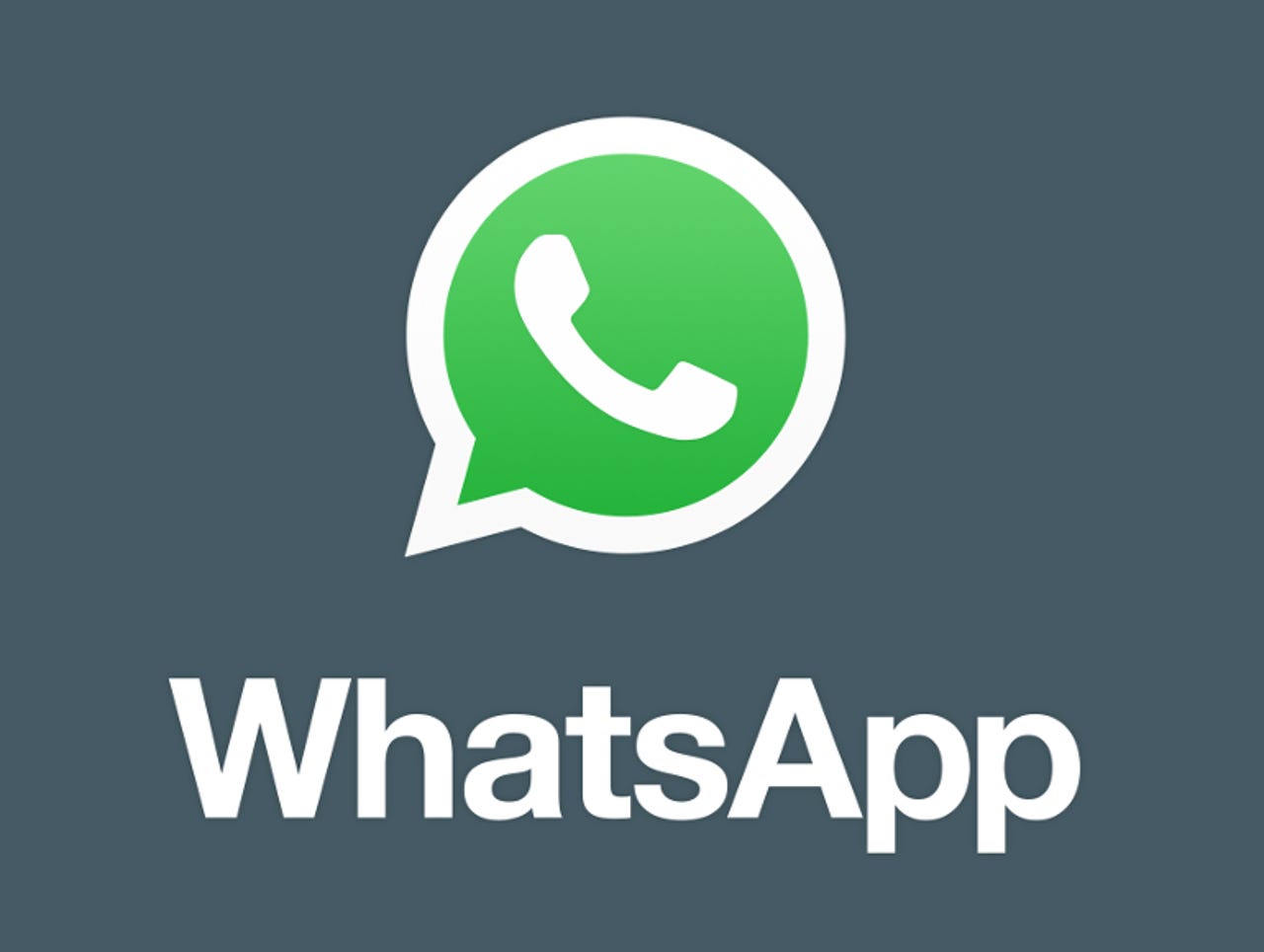WhatsApp is now free for all - and promises 'no adverts'


WhatsApp said the subscription model "hasn't worked so well" because many of its nearly one billion users don't have a payment card number.
Facebook-owned messaging app WhatsApp has dropped its $1 annual subscription fee and promises it won't be introducing third-party ads to generate revenue.
To date, WhatsApp has been available free for the first year, after which it cost $0.99 a year, but the company is shifting course and, like Facebook and other social networks, will be free to use from now on.
Announcing the change in a blogpost on Monday, WhatsApp said the subscription model "hasn't worked so well" because many of its nearly one billion users don't have a payment card number. That situation is probably more of an issue in emerging markets where mobile payments are more commonly used.
"Many WhatsApp users don't have a debit or credit card number and they're worried they'd lose access to their friends and family after their first year. So over the next several weeks, we'll remove fees from the different versions of our app, and WhatsApp will no longer charge you for our service," WhatsApp said.
As for revenue in the future, the company says it will not introduce third-party ads, but instead will be exploring messaging between users and businesses that "you want to hear from".
"That could mean communicating with your bank about whether a recent transaction was fraudulent, or with an airline about a delayed flight. We all get these messages elsewhere today -- through text messages and phone calls -- so we want to test new tools to make this easier to do on WhatsApp, while still giving you an experience without third-party ads and spam," it said.
WhatsApp founder Jan Koum revealed the new business model to Re/Code at its DLD conference in Munich on Monday. He said the company hadn't written a single line of code yet but that it has ways of making it a lot easier for business to reach customers.
That new model for WhatsApp comes as Facebook fleshes out features on Facebook Messenger, where it has sought to grow the number of users and interactions before chasing ad revenue.
Over the past year, it's launched peer-to-peer payments in Messenger, Messenger Platform, and Business on Messenger to allow businesses to connect with customers, and most recently is experimenting with its human-aided AI service M.
Whatever is in store for WhatsApp, the shift comes as it and Messenger nudge up to a billion active users apiece. Facebook announced earlier this month that monthly active users on Messenger exceeded 800 million at the end of 2015.